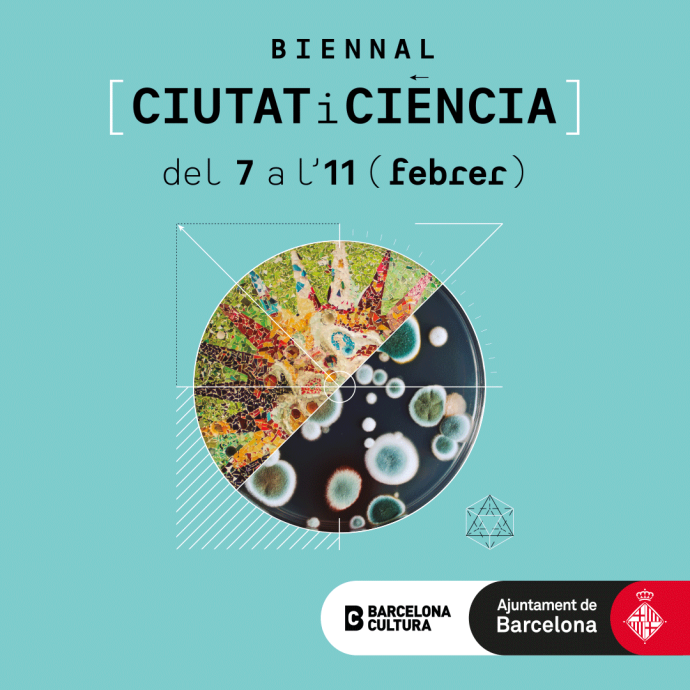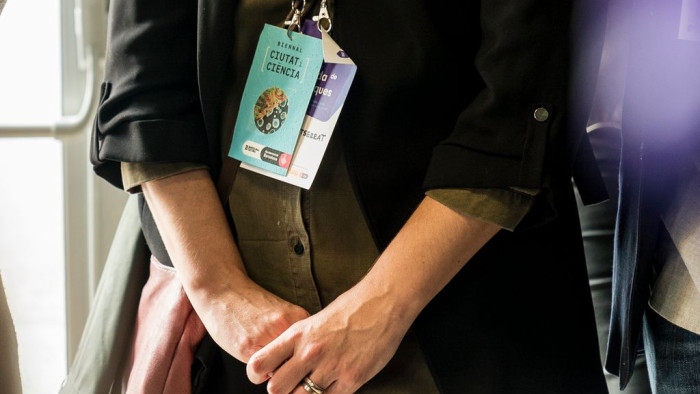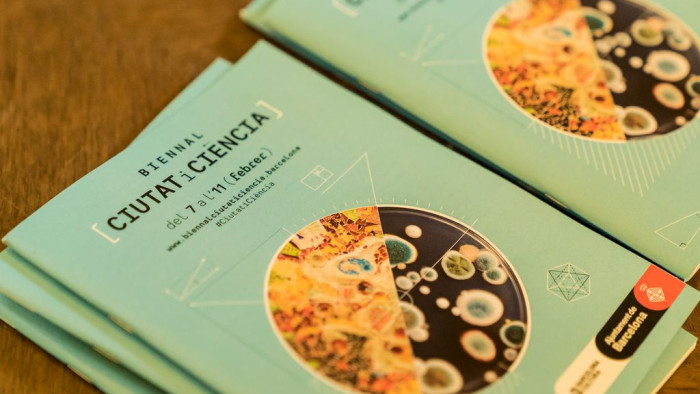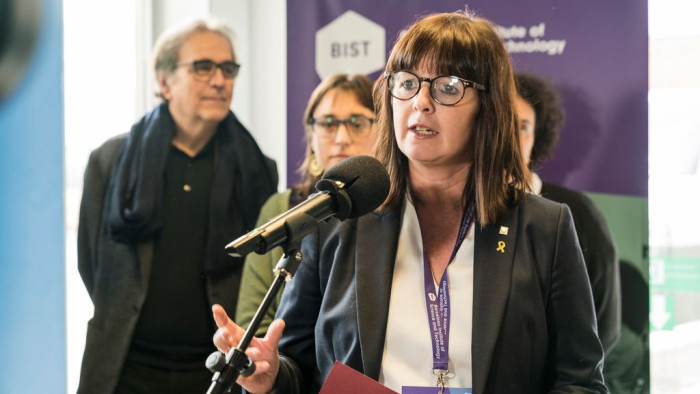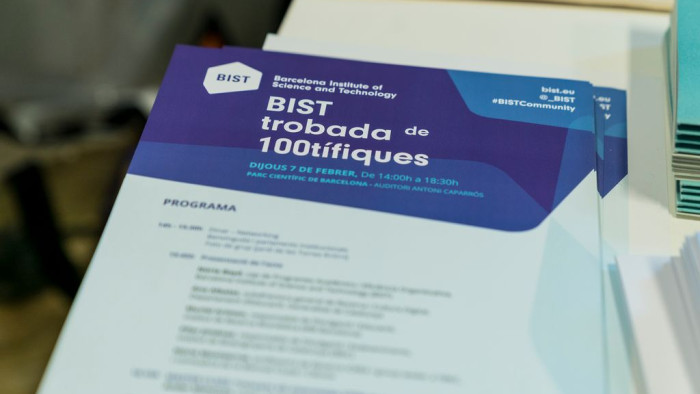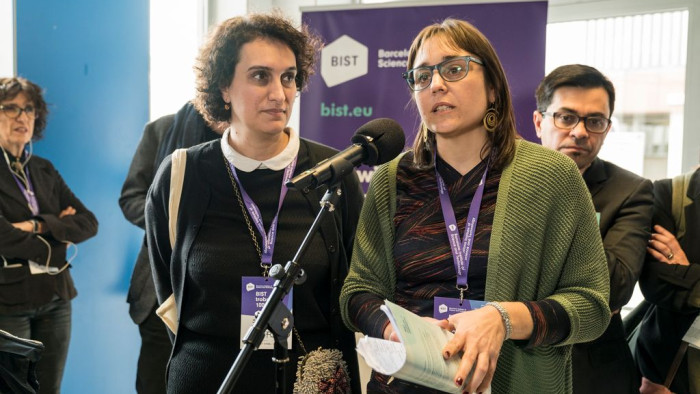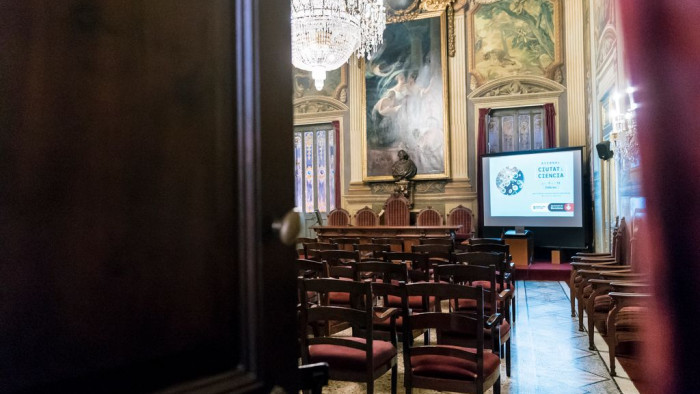2019 edition
In its first edition, with a hundred activities and 125 invited people, the Biennial reflects on how science can help solve our concerns, how to make scientific knowledge accessible and achieve citizen involvement, what dilemmas arise from the relationship between science, the market and public authorities, and how we can ensure that everything that is publicly invested in science serves progress and social transformation.
The design of the program was in charge of Pau Alsina, philosopher, researcher in art, science and technology, associate professor of Arts and Humanities studies at the Open University of Catalonia (UOC) and director of the DARTS research group and the Artnodes magazine; José Ramón Calvo, professor at the University of Las Palmas de Gran Canaria in the Area of Health Education and president of the Institute for International Cooperation of the Royal European Academy of Doctors (RAED); Sònia Fernández-Vidal, PhD in Physics and professor at the Universitat Autònoma de Barcelona (UAB), writer and publicist; Núria Montserrat, ICREA research professor at the Institute of Bioengineering of Catalonia (IBEC); Josep Perelló, researcher and leader of OpenSystems at the University of Barcelona (UB); Ricard Solé, ICREA research professor at the Universitat Pompeu Fabra (UPF) and director of the Complex Systems Laboratory (UPF-PRBB), and external professor at the Santa Fe Institute (New Mexico, USA); and Irma Vilà i Òdena, multimedia engineer, curator and researcher in art, science and technology, professor at the Universitat Oberta de Catalunya (UOC) and director of the magazine Mosaic.


